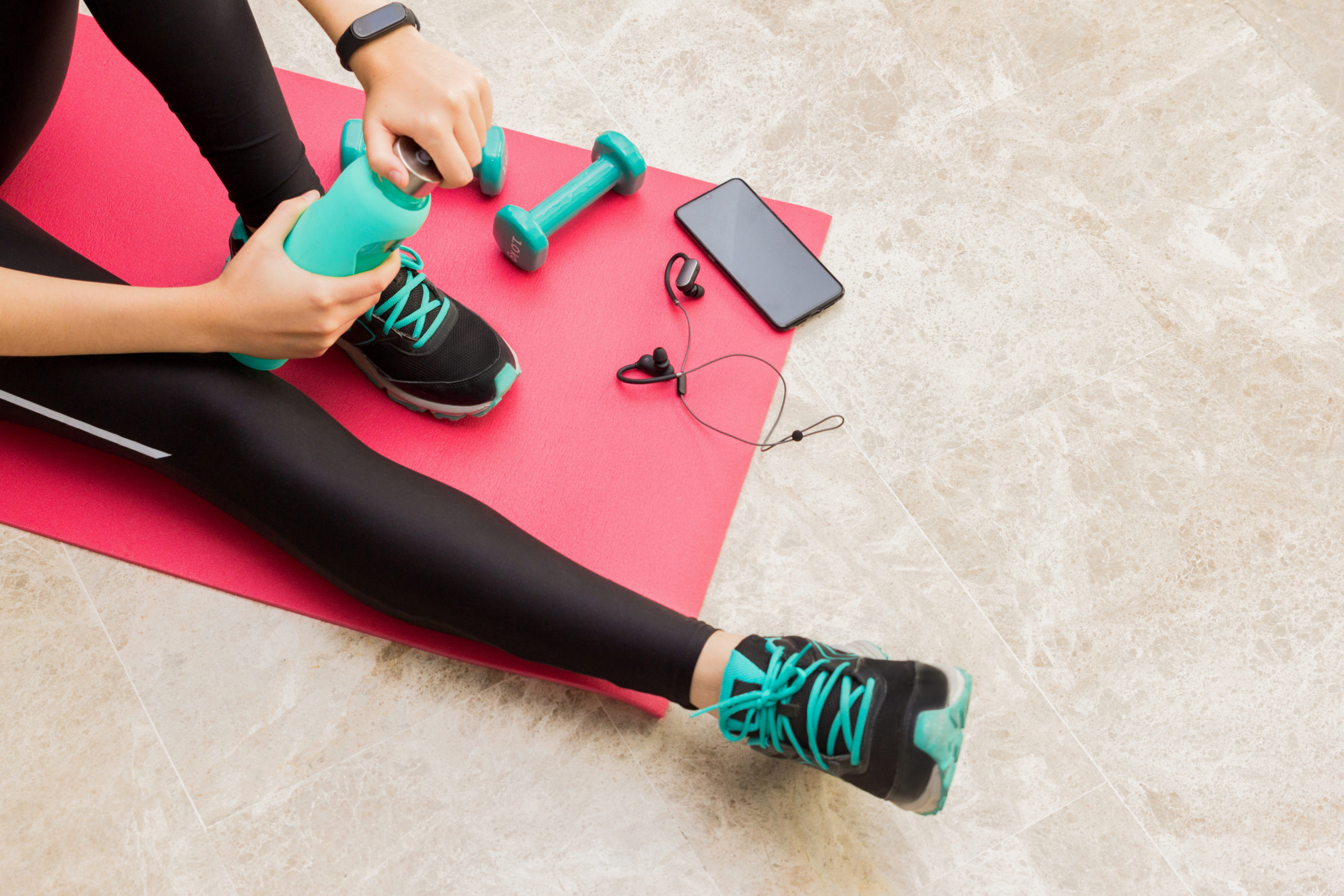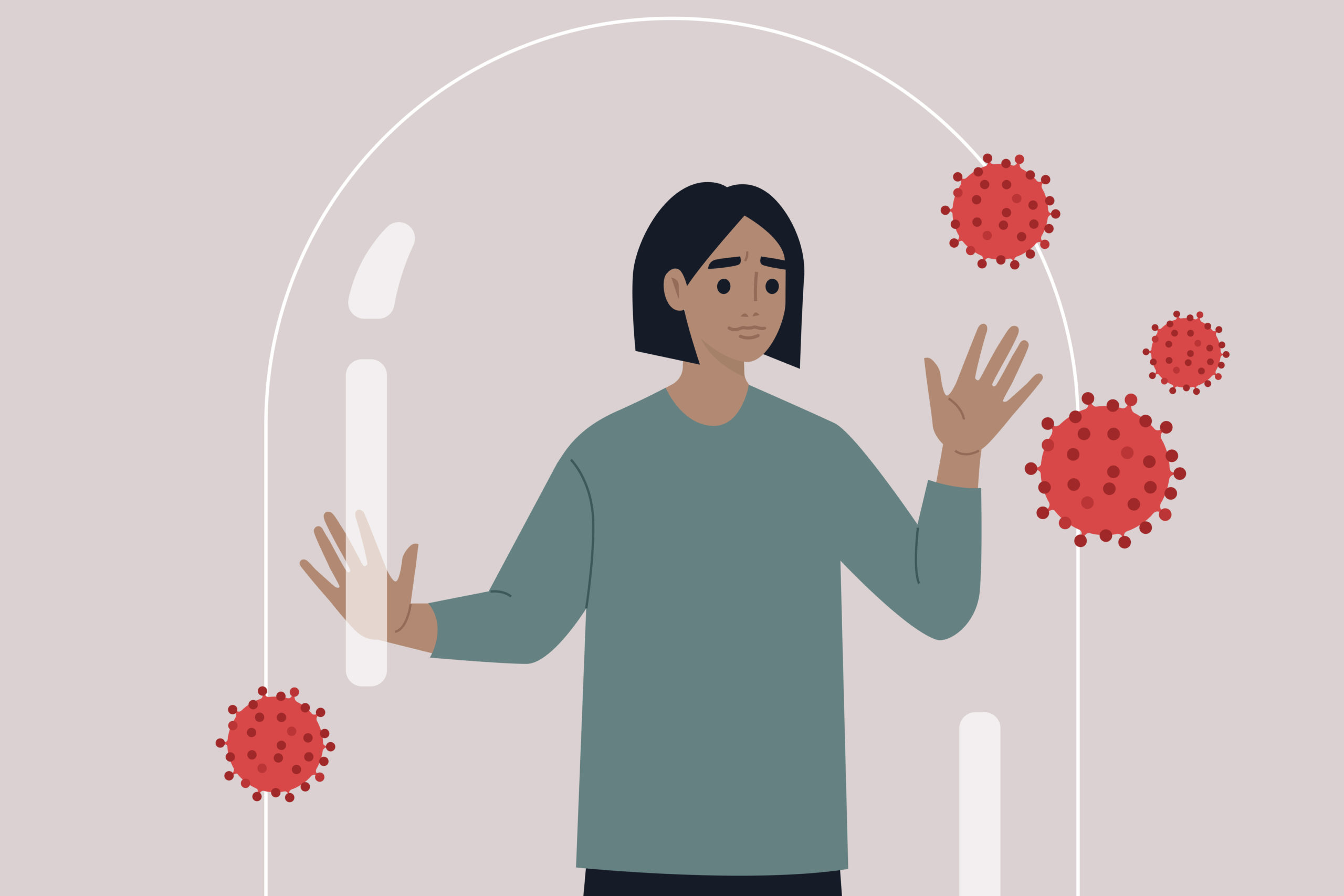This year we have been hearing a lot about how exercise helps our mental health. Joe Wicks has been talking us through workouts and we have been encouraged to get out of the house for some daily exercise, all to help us through lockdown. Exercise gives us more energy, helps reduce signs of depression and can make us feel more happy and content. However a new study has looked specifically into weight training and its affect on anxiety.
Where most past studies of exercise and moods have looked at the effects of aerobic exercise, like running on a treadmill or riding a stationary bike, it’s only recently that studies have started looking into weight training and mental health. A 2018 review of studies, showed that adults who lift weights are less likely to develop depression and and another study showed that women with clinical anxiety disorders reported fewer symptoms after taking up either aerobic or weight training. However a lot of these involved exercise under the eyes of researchers which is not true to life and how we workout at home. They also had a limited research pool of only people who were clinically diagnosed with mental health problems such as depression and anxiety.
How The Study Measured Anxiety
This study looked at healthy young adults doing training with barbells and lunges, and aimed to see if simple weight training could have benefits for those who generally had good mental health. They tested the current moods of the participants and split them into two groups, with some going to weight training using a simple routine provided by the scientists that included lunges, lifts, squats and crunches, sometimes using dumbbells and other equipment. Most of those who were to do weight training didn’t usually do that sort of exercise. The other group were to go about their normal lives as a control group.
Both groups had repeated tests of their anxiety levels though-out and at the end. The control group, as expected, stayed the same, whereas those who did the weight training scored 20% better in the tests. They has started with low levels of anxiety but felt even less anxious. In fact, the affect was more than they had even anticipated and the benefit for mental health was greater than usually seen in studies around aerobic exercise and anxiety.
How Does Weight Training Help Anxiety?
The study didn’t dive deep into the ‘why’ the weight training reduced anxiety, but they did speculate that, as they became stronger over the time, “feelings of mastery may have occurred” which left people feel like they were more able to cope. It’s likely that changes in the muscle and brain over the time also contributed to improvements in mood. More studies need to look into what exactly happens, what types of weight training work best and and also how it can help in older people.
However, if you are feeling anxious, becoming stronger is a worthwhile goal, and its easy to go at home just by doing push-ups, sit ups or squats, or use household items as weights!
Want to start? Take a look at some of our weight training tips:





